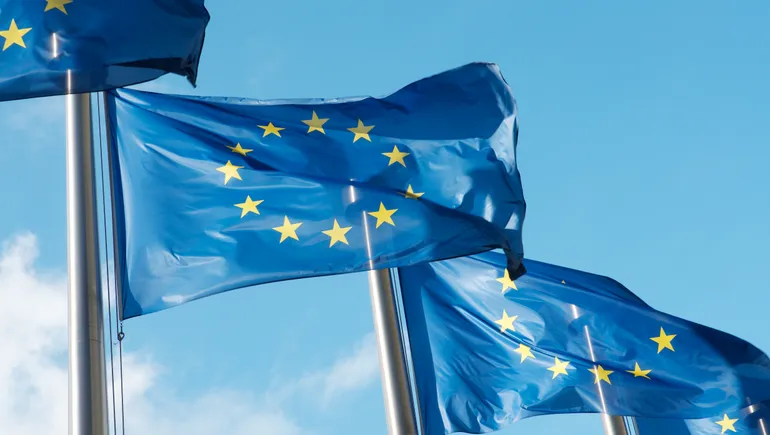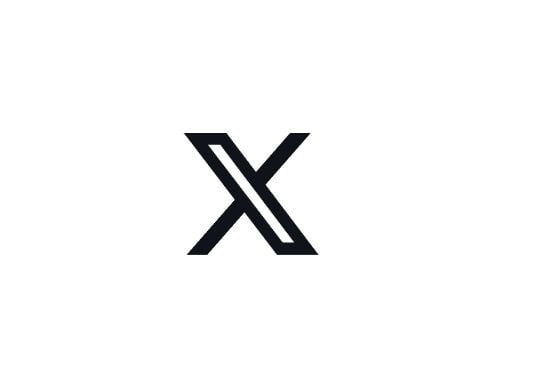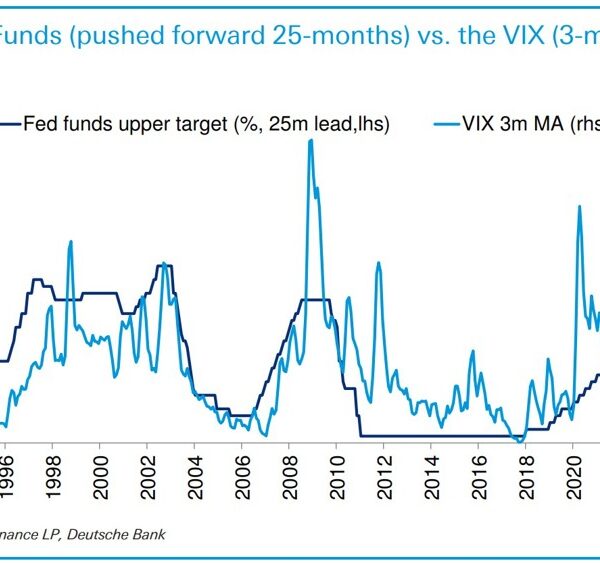E.U. officials have launched yet another investigation into a social media company under their new Digital Services Act (D.S.A.) powers, with Meta coming under more scrutiny, this time over its efforts to protect younger users.
As explained by the E.U. Commission:
“Today, the Commission has opened formal proceedings to assess whether Meta, the provider of Facebook and Instagram, may have breached the Digital Services Act (DSA) in areas linked to the protection of minors. The Commission is concerned that the systems of both Facebook and Instagram, including their algorithms, may stimulate behavioral addictions in children, as well as create so-called ‘rabbit-hole effects’. In addition, the Commission is also concerned about age-assurance and verification methods put in place by Meta.”
Under the D.S.A., large social platforms operating in Europe are required to “take appropriate and proportionate measures to protect minors”, which also includes a provision to address elements “that may stimulate behavioral addictions of recipients of the service”.
Both Facebook and Instagram arguably do have addictive qualities, as various academic reports have shown, but there’ll also be some challenge in proving such definitively, and holding Meta to account for the same.
Essentially, the E.U. Commission is not convinced that Meta has done enough to address these areas of concern, and is now putting the onus on Meta to share evidence of its development.
In response, Meta says that it’s implemented a broad range of tools and policies to protect children, and that it’s looking forward to working with the E.U. Commission to address their concerns.
It’s the latest investigation launched by E.U. officials, who’ve already announced probes into X, and TikTok, as well as another examination of Meta over the distribution of Russian-originated disinformation in its apps. E.U. officials are keen to pull social platforms into line, in accordance with the new rules, with each violation, if proven, potentially resulting in fines of up to 6% of the platform’s annual global turnover.
So there are big penalties if the platforms fail to adhere to the new guidelines, and as such, every company is also looking to work with E.U. officials to address any concerns, and keep everything in line.
Though that could be difficult, given the ongoing scrutiny brought upon them by the new requirements. There’s also some level of interpretation in these rules, which could lead to further debate, and potentially legal challenge. But right now, the E.U. Commission seems keen to poke each platform into line, which I doubt will result in fines just yet, but will see each platform examined for adherence.















